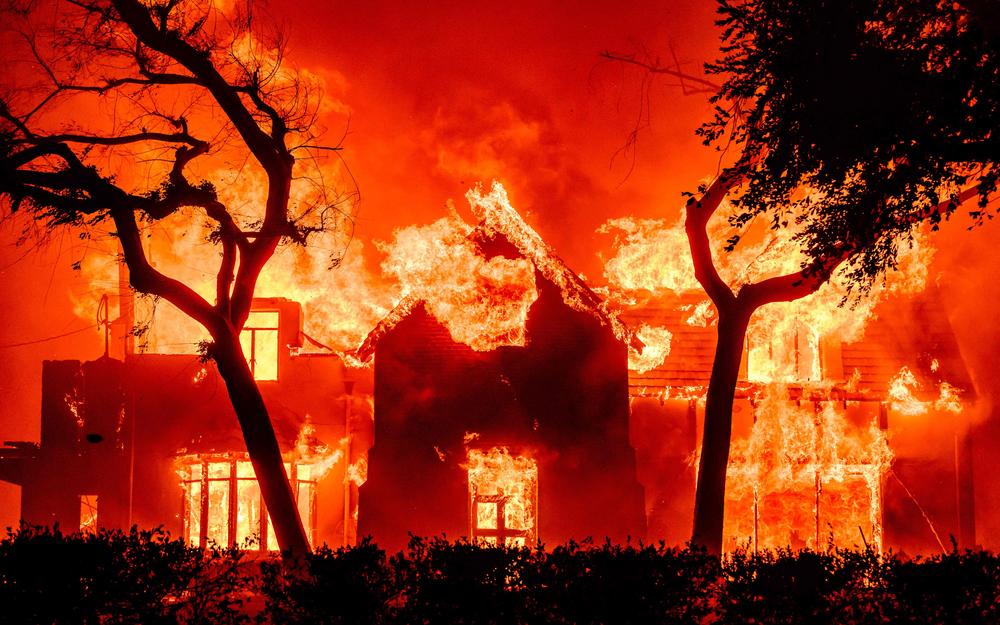"What we've seen this year has only been a small breakthrough in the fires that are about to come."
- Despite much talk about climate change, strong heat waves, uncontrollable fires and this year’s endless droughts have shown us that we have the climate emergency at home. Peio Oria, representative of the Spanish Meteorology Agency (AEMET) in Navarre, has made it clear that we are faced with difficult years.

What is your job as a representative of AEMET?In addition to serving
the media, we also mediate with the Navarra administration, civil protection or the Department of the Environment, among others. We have a network of data collection stations deployed in all communities. Here we manage over 100 stations in Navarra. In many villages, we have collaborators and they help us collect data.
These are manual and automatic stations. The automatic ones are twenty. After measuring pressure, humidity, wind force and direction and radiation, data is automatically sent every ten minutes. The manual stations are managed by the collaborators and transmit the data every day at the same time, in winter at 8:00 and in summer at 9:00. We now have about 82, less and less, because it's a great commitment to serve every day. The trend is to automate everything.
Do all the data speak of serious climate change?
Yes. Climate change is unstoppable and irreversible. Trends are very clear, especially temperature increases. It's very marked, but it's not happening at the same speed across the planet. In the Arctic, for example, it goes three times faster, creating serious problems. Despite going slower on the Iberian Peninsula, we are seeing warming accelerate, especially in recent years. A clear example of this summer is that we have had three strong and intense heat streaks. The June summit was particularly hard and resulted in major forest fires. In general, the number of heat waves and their duration are increasing, which we see clearly in the data.
Are the four seasons of the year being eliminated?
Yes. Summers are getting longer and longer. This summer is a good example: since 10 May we have had very high temperatures and the heat has been prolonged until the end of octubre.Se shortens the spring and fall duration.
So will we only have two periods in the future?
That's what models tell us. In addition to temperature, rainfall patterns are changing. Compared to 50 years ago, we see that in autumn it rains more than in winter. 50 years ago it was common for winter rainfall to be abundant and well distributed. Now, instead, they accumulate in the fall and often in a few days. Strong basques are becoming more frequent, but rainless sections are now more numerous.
In summer basques, there's a lot of evaporation, and water is quickly returned to the atmosphere. In winter, these intense chubascos cause inundaciones.En both cases, these rainfall do not contribute greatly to the increase in the level of the reservoirs.
.jpg)
"Deceleration is the only way, but when the whole system is focused on economic growth these concepts collide"
Hurricanes, severe storms -- they're becoming more frequent. Do we in Euskal Herria get rid of them?
Right now. Hurricane frequency has been proven to be mayor.Para its formation ocean water temperature is critical, so if water temperature continues to rise, hurricanes will be closer to Europe. This year came to the Canary Islands a tropical depression that left lots of water that are very peligrosas.La
water temperature in the Mediterranean has also beaten all records this year. The temperature of the night air is closely related to the water temperature, so we have seen that many nights has not gone down 25 degrees. On the coast of Euskal Herria we have also had hot nights by south wind, but not so many days in a row.
What problems can arise in the future for our
health?Climate change has two serious health consequences: it clearly increases mortality. It does not produce direct death, but it worsens existing pathologies. Another consequence is the spread of new diseases for us. For example, diseases caused by bugs coming from Africa.
They say this year has been the coldest summer. Do you agree? Summers
like this year will be very common in the coming years, but they will be even harder and smoother. Climate, by definition, is very variable and there are no two years alike. Some summers will also get colder, but by taking average values, we will see in the northern hemisphere a tendency to make each summer a little warmer than the previous one.
Will strong heat waves be frequent?
That's it. Long heat waves, maybe three or five weeks. That's what we're seeing in many places. This year in China it's been the worst heat wave in history, and in the United States and Europe we've had incredible temperatures.
Sea level is also rising. Could some sections of our coastline stay underwater?
Now very precise measurements are made by satellite. It is noted that in the last 150 years the sea level has increased between 20 and 30 centimeters, which is accelerating. Forecasts point to a meter rise by the end of this century. If so, San Sebastian would fill up with water often and that can be a big problem. If repeated many times, people should look for new settlements, but the biggest problem is not here, but in overpopulated cities at sea level: New York, Mumbai, Delhi...
Such scenarios could occur in five or six decades, or perhaps later. It will not be a matter of day to day, but it is because it is an unstoppable process. This will be one of the long-term consequences of all the greenhouse emissions that we have dumped into space.
However, other effects related to extreme phenomena will begin to suffer earlier, and among them, undoubtedly, the most important one, that of forest fires. Climate models tell us that extreme conditions will make fires unstoppable. You can burn a lot of our forest surface. What we have seen this year was only a small advance in the fires that are about to come. It is very crude and very pessimistic, but large and unstoppable forest fires will be the biggest problem in the future, even if much is invested in extinction plans.
The Irati forest, for example, is in danger?At the moment there have been
no major fires in the Pyrenees, where indigenous trees have resisted the scarcity of rains well, but that has a limit and this year it has become clear. This summer, too, conditions have been created for terrible fires, but fortunately, what we have seen in the centre of Navarre has not happened. And like here, the forests of Australia, Canada, Amazonia, South Africa or Turkey are in grave danger. This is a global problem, so adaptation strategies are very important, both locally and globally. We have to adapt yes or yes. Cuts must certainly be imposed, but adaptation is becoming more and more important.
Why does rising temperatures affect the Arctic more?
It has to do with the presence of ice. Ice is a good temperature regulator. It reflects much of the energy coming from the sun and expelling it out of the ground. With global warming, more and more ice melts, which increases temperature and causes more melting. There is a kind of vicious circle. So the changes are getting much faster. The Arctic warms up two to three times faster than the rest of the planet. Another consequence is that heat waves in Europe are longer or there are more cold and snow phenomena than elsewhere. In Asia, Japan or Canada, for example, in recent winters they have suffered large waves of cold caused by the cold air of the Arctic. Everything is interconnected.
Does the change therefore affect both heat and cold waves?
Yes, but heat is much more likely. For each cold wave, ten heat waves are produced. It is totally unbalanced.
Will it get less and less rain? In this part
of the planet, yes. There will be long droughts and little by little the conditions in North Africa will invade most of the peninsula to the north. This is the clearest example. In the County of Pamplona there has been a rainfall of 300 liters per square meter between January and November, when the normal is about 600 liters. By far we've had the driest year since measurements. Scarce and poorly distributed rain: in one day of October we recorded quantities between 26 and 50 liters in the Region of Pamplona. For half an hour it rained for more than four months. The late summer storms in the Mediterranean are displacing our Atlantic climate.
We're breaking many brands --
yeah, that's right. This summer in Navarre has been the second hottest and this year will beat all marcas.En the last months we have had the largest drought of 50 years and in December the biggest floods. High temperatures in October have also overcome all barriers in France, Italy, the entire Mediterranean and especially in the south of the Iberian Peninsula.
.jpg)
In March the Parliament of Navarra unanimously approved the Climate Change Act. How do you value this law?
There are interesting things. The presence of renewable energies is very positive. We have to replace the sources of energy based on fossil fuels and this law goes into that link nea.Sin, but surely this will not be enough. This law is very focused on continuing with our current modus operandi, but there are things that are not electrifiable and that's a big problem. The same model change requires enormous discharges. Mounting a wind farm requires, for example, the provision of heavy machinery and materials remotely, the discharges of which are inevitable.
"It's hard to process all of this, and that's why sometimes they say we're unfortunate and apocalyptic, but this is what reports and data say."
This is not removing one model to put another. It's not so simple, unfortunately.
It is also related to the energy crisis. We are in a climate emergency and there will be more and more problems. The critical years come. The health system, forest management, agricultural production, water management -- everything will be stressed because the climate conditions everything. In the case of forest fires, for example, no forecasts can be made for all forests. The protection of peoples and basic infrastructures requires specific plans. In some countries, a lot has been invested in the means of extinction, but you can see that there's one point where it's the same as a thousand firefighters or 10,000 firefighters. The fire we suffered on 18 June in Navarre is very similar to what comes to mind, violent and explosive. In the area of Bordeaux, Castilla León, Zamora, Alakante, Aragón, Andalusia... there have been terrible fires. It is clear that we must act differently. The confluence of conditions leads to an explosive cocktail: the depopulation of rural areas, the lack of exploitation of forests... This is a new reality that will particularly affect the rural environment.
It is difficult to process all of this, and that is why sometimes they say that we are blasphemous and apocalyptic, but that is what reports and data say.
Is degrowth the only solution?
Yes, but when the whole system is focused on economic growth, these concepts collide. How to make the change to alleviate that great suffering that comes to us, without generating much suffering. That's the key.
This year, however, has been a turning point because we have seen serious things. I have seen for the first time in the faces of politicians here a great concern. It has touched me to be with farmers in many forums and you see that they are suffering enormous losses. The reservoirs are also very low and we will see if they are complied with now.
Many people believe that technology will save us
-- that's hope and the problem at the same time. Technology is advancing, but it's very difficult to feed these systems with energy sources other than fossil fuels.
What winter is coming to us?
It seems that in November we will have somewhat higher temperatures than normal. Winter also doesn't seem to be very cold. For the time being, there are no major droughts or heavy rainforests. The difference is that this autumn we are reducing the use of heating.
Lurrak guri zuhaitzak eman, eta guk lurrari egurra. Egungo bizimoldea bideraezina dela ikusita, Suitzako Alderdi Berdearen gazte adarrak galdeketara deitu ditu herritarrak, “garapen” ekonomikoa planetaren mugen gainetik jarri ala ez erabakitzeko. Izan ere, mundu... [+]
Eskola inguruko natur guneak aztertu dituzte Hernaniko Lehen Hezkuntzako bost ikastetxeetako ikasleek. Helburua, bikoitza: klima larrialdiari aurre egiteko eremu horiek identifikatu eta kontserbatzea batetik, eta hezkuntzarako erabiltzea, bestetik. Eskola bakoitzak natur eremu... [+]
Agintari gutxik aitortzen dute publikoki, disimulurik eta konplexurik gabe, multinazional kutsatzaileen alde daudela. Nahiago izaten dute enpresa horien aurpegi berdea babestu, “planetaren alde” lan egiten ari direla harro azpimarratu, eta kutsadura eta marroiz... [+]
Biologian doktorea, CESIC Zientzia Ikerketen Kontseilu Nagusiko ikerlaria eta Madrilgo Rey Juan Carlos unibertsitateko irakaslea, Fernando Valladares (Mar del Plata, 1965) klima aldaketa eta ingurumen gaietan Espainiako Estatuko ahots kritiko ezagunenetako bat da. Urteak... [+]
Nola azaldu 10-12 urteko ikasleei bioaniztasunaren galerak eta klima aldaketaren ondorioek duten larritasuna, “ez dago ezer egiterik” ideia alboratu eta planetaren alde elkarrekin zer egin dezakegun gogoetatzeko? Fernando Valladares biologoak hainbat gako eman dizkie... [+]
Eskoziako Lur Garaietara otsoak itzularazteak basoak bere onera ekartzen lagunduko lukeela adierazi dute Leeds unibertsitateko ikertzaileek.. Horrek, era berean, klima-larrialdiari aurre egiteko balioko lukeela baieztatu dute, basoek atmosferako karbono-dioxidoa xurgatuko... [+]
There was no one or all. That we all suffer at least if the necessary changes are not made so that no one suffers the climate emergency. You – reader – I – Jenofá-, they – poor – and they – rich. The fires in Los Angeles did not give me satisfaction, but a sense of... [+]









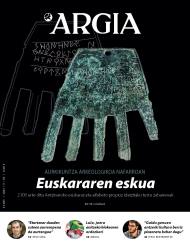


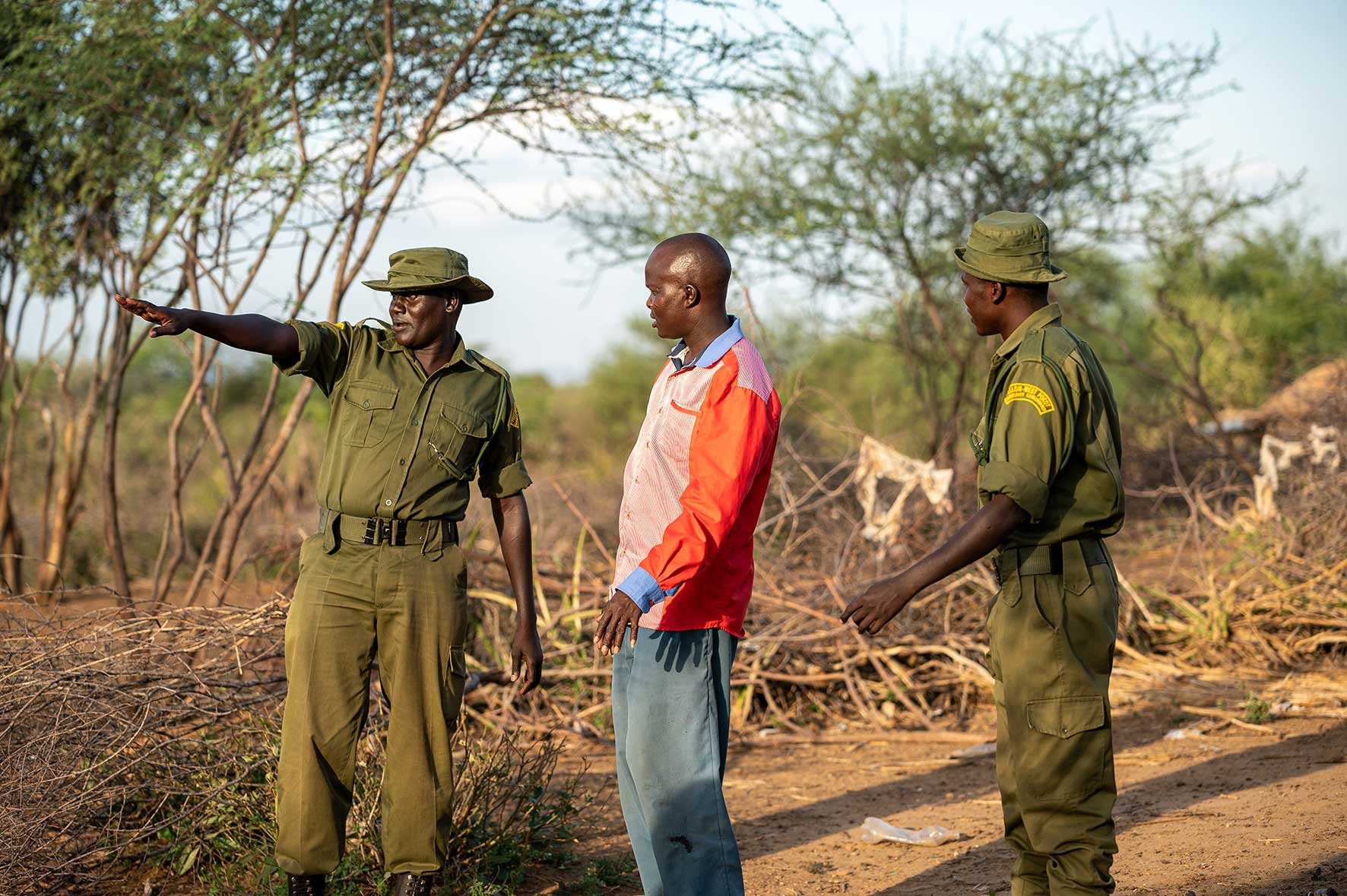
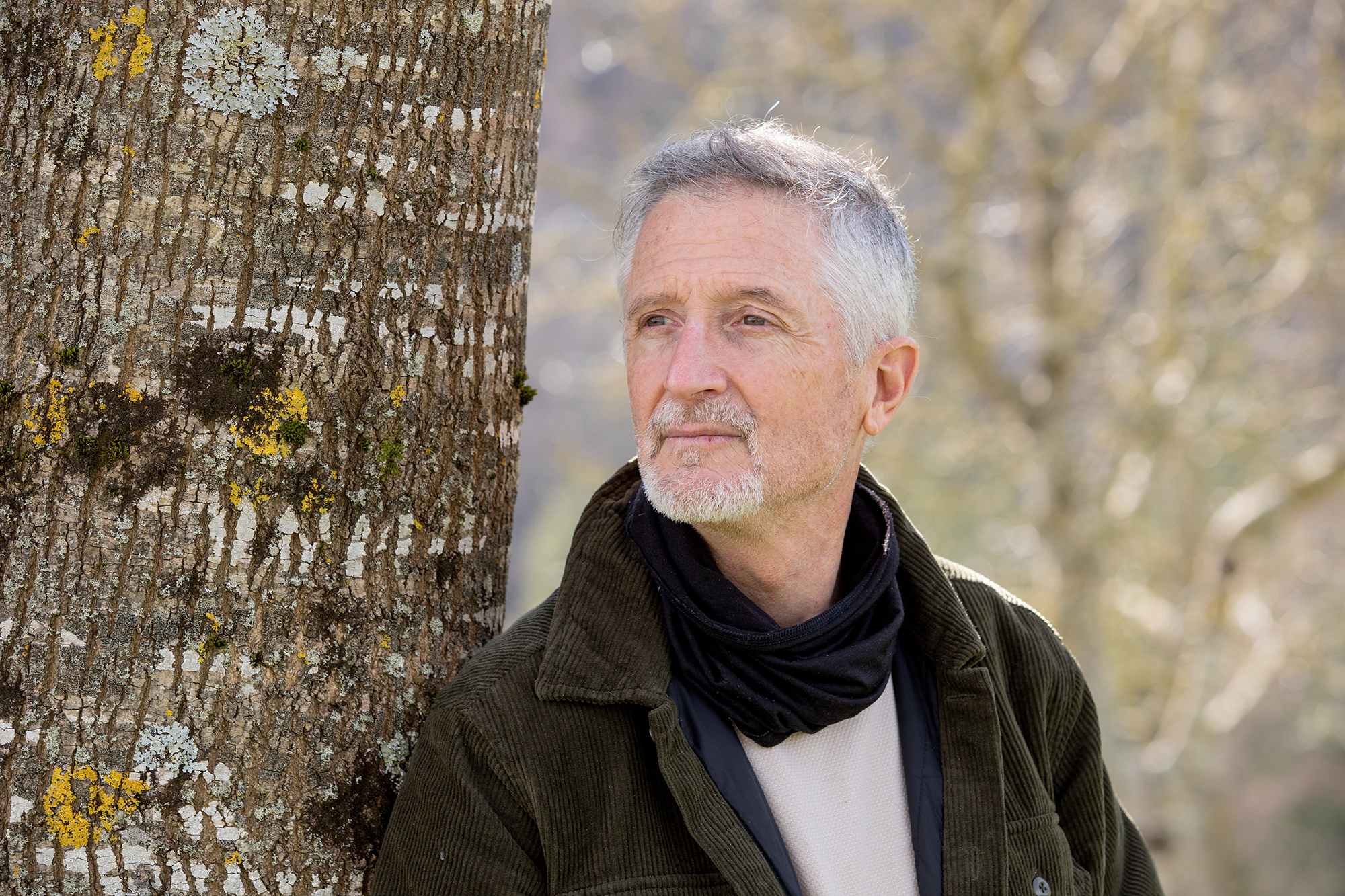

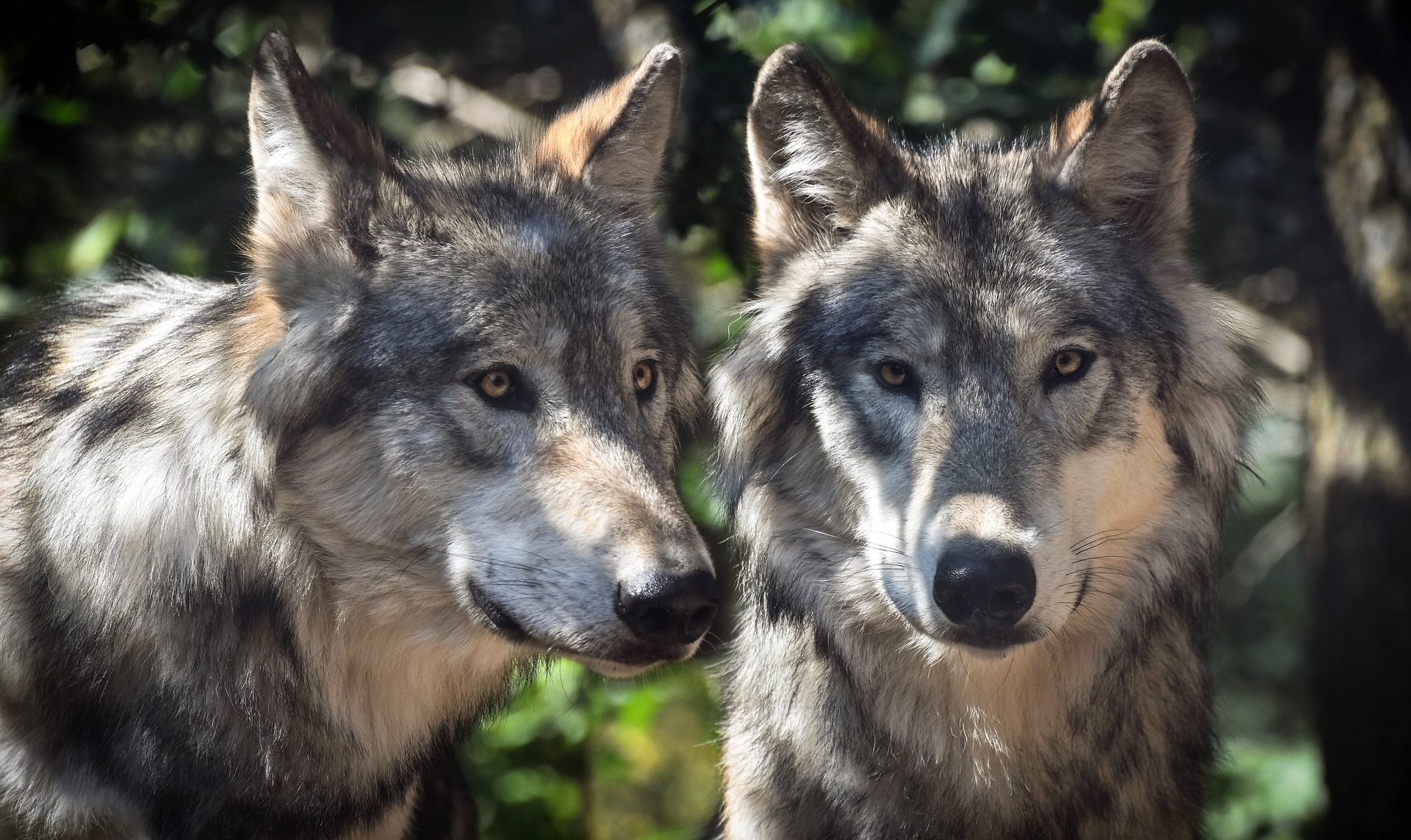
_Glaciar.png)
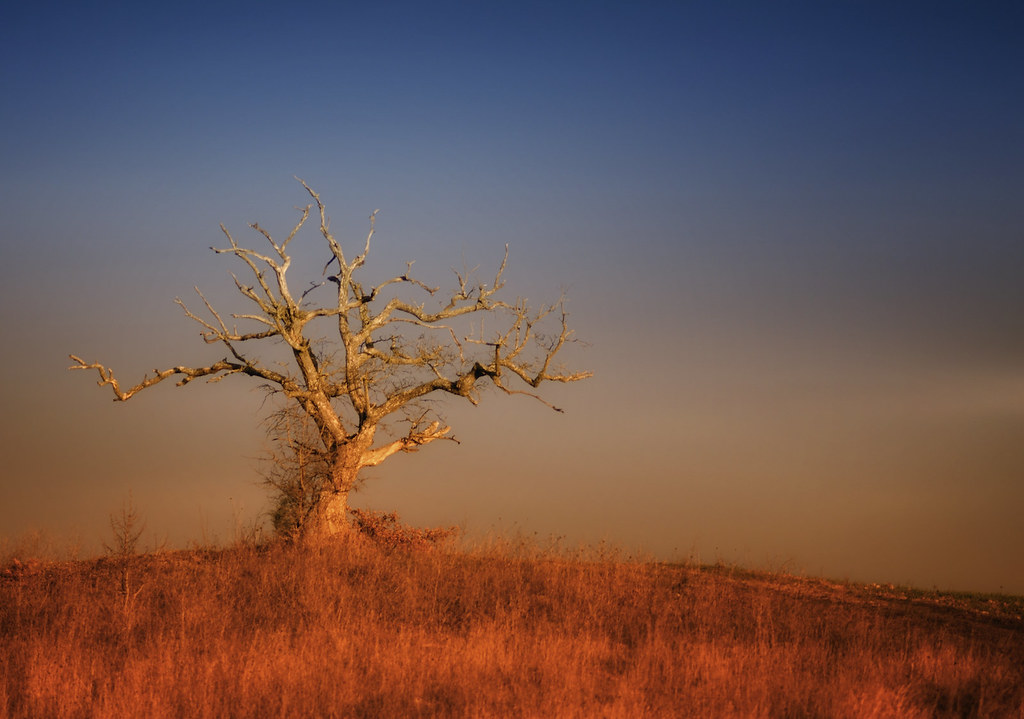
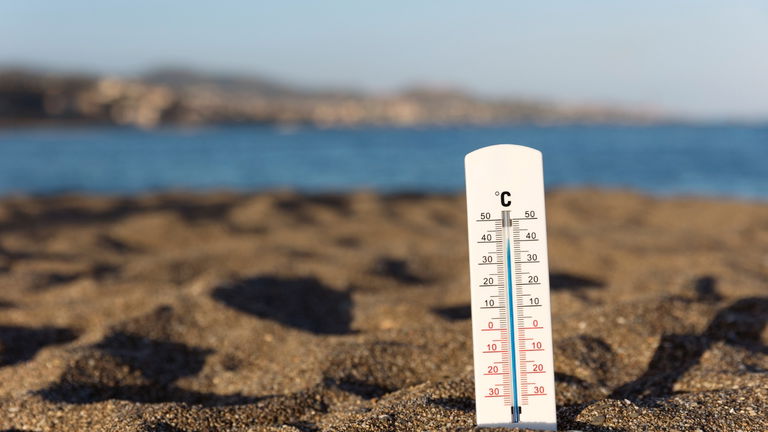
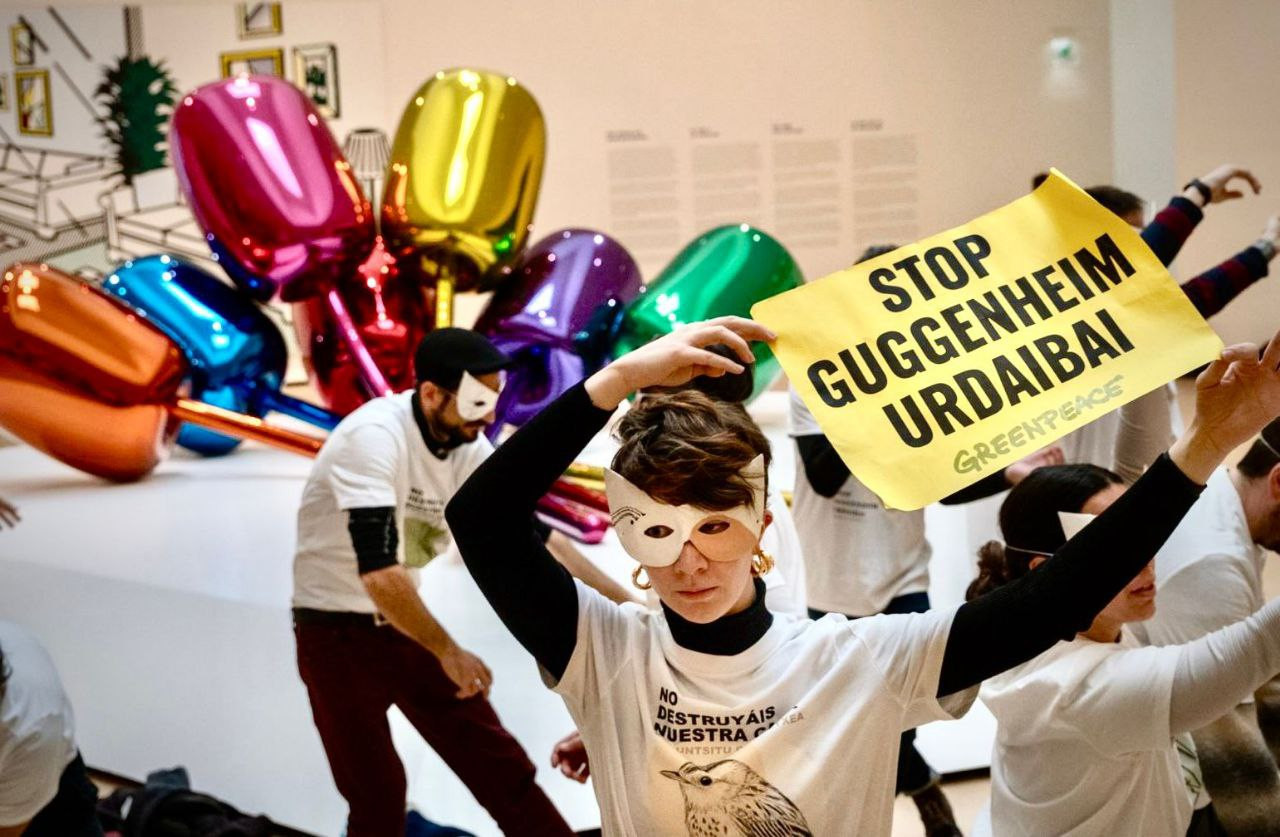

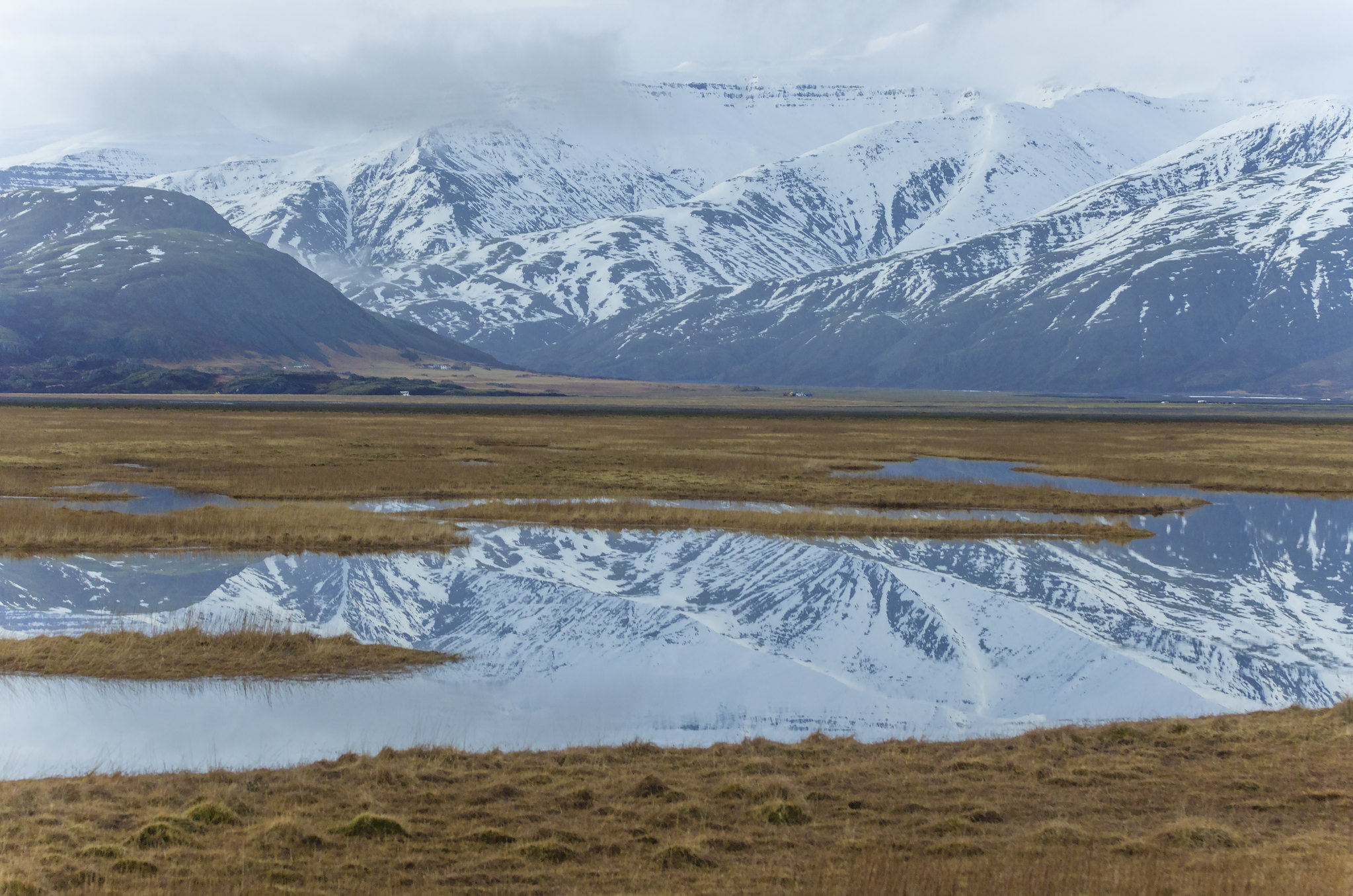
-(1).jpg)
